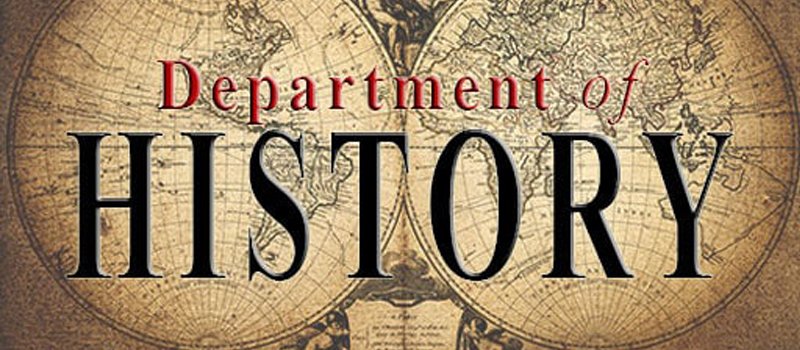
Typically, the B.A. in History is a three-year undergraduate program.
These cover various periods and regions, including ancient, medieval, and modern history.
Some programs offer courses focusing on specific historical events, cultures, or themes.
Introduction to research methods in historical studies.
Understanding the methods and perspectives of historical writing.
Depending on the program, students may have the opportunity to choose electives in related fields such as archaeology, art history, or political science.
Some programs may offer electives in areas like drama, film studies, or comparative literature.
Some programs may include practical components like internships or research projects.
Opportunities in school-level teaching, private tutoring, or higher education with additional qualifications (M.A., M.Phil., Ph.D.).
Working as a historian, conducting research in archives, libraries, or museums.
Curatorial positions in museums, archives, or cultural institutions.
Preserving and managing historical sites and heritage properties.
Historical tour guiding and heritage tourism.
Historical journalism, writing for historical publications, or becoming a historical author.
Appearing for civil services exams with history as an optional subject.
Working to manage and protect cultural resources.
Engaging in PR activities for historical sites, museums, or cultural organizations.
Working in libraries with a focus on historical resources.
Historical consulting for films, documentaries, or TV programs.
Analyzing historical trends for policy research and analysis.
Working in historical preservation or advocacy organizations.
Pursuing further studies for a career in archaeology.